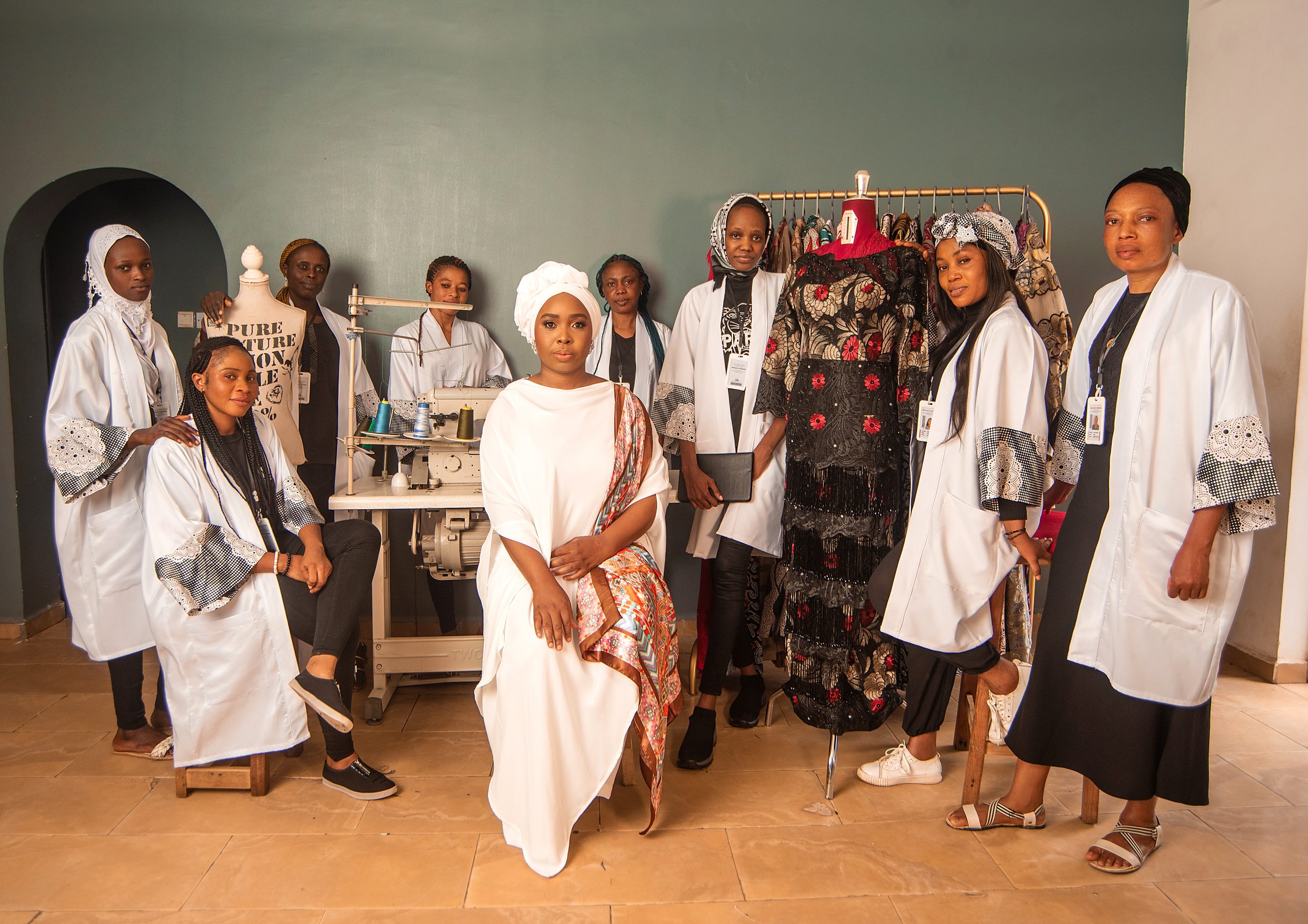
The Private Sector: Africa’s Strongest Ministry of Development
Aid has kept many nations afloat but rarely transformed them.
Billions of dollars in support have not created self-sustaining economies. Instead, they often foster dependence and weaken the drive for local innovation.
Our Founder, Tony O. Elumelu CFR, captures this truth powerfully:
"Africapitalism means we cannot rely on governments or aid to create prosperity. The private sector must lead in delivering Africa’s transformation.”
Africapitalism is not charity; it is a radical shift from dependency to empowerment, were entrepreneurs fuel progress and wealth creation.
Africapitalism as Africa’s Global Export
More than just a continental agenda, it is a framework the world should learn from. It aligns directly with the Sustainable Development Goals (SDGs), climate action, and the African Union’s Agenda 2063.
Where international reports speak of ending poverty, Africapitalism delivers through microfinance platforms in Kenya. Where global declarations urge sustainable energy, Africapitalism responds through solar start-ups powering Egypt and across the continent.
As our founder puts it:
“Africapitalism is about the intersection of business success and social wealth. It is proof that profit and purpose can go hand in hand.”
Africapitalism demonstrates that development does not need to be imported—it can be built, owned, and exported by Africans themselves.
Championing Africapitalism Beyond Capital
Africapitalism is not sustained by funding alone; it requires a continuous ecosystem of support, knowledge, networks, and mentorship. The Tony Elumelu Foundation (TEF) has long recognised this truth.
While its flagship Entrepreneurship Programme provides training, mentorship, and seed capital, TEF goes further. The commitment does not end when the grant is disbursed.
Through high-level training and global collaborations, the Tony Elumelu Foundation ensures its alumni gain continued access to the resources and expertise that help them scale their businesses and thrive across the continent. A powerful example of this is the collaboration between the Tony Elumelu Foundation and Deloitte, which deepens the pursuit of Africapitalism.
Under Deloitte’s WorldClass societal impact programme, the professional services firm has committed experienced professionals from across Africa to support Tony Elumelu Entrepreneurs through mentorship.
The rationale is clear. African entrepreneurs face persistent challenges: limited access to markets, difficulty securing long-term funding, and gaps in fiscal management.
By pairing TEF’s proven capacity for nurturing and connecting entrepreneurs with Deloitte’s world-class expertise, this collaboration accelerates business growth, job creation, and economic transformation.
These efforts reaffirm the principle that Africapitalism is not a one-time intervention, but a sustained movement.
The Call to Institutions
Entrepreneurs cannot—and should not—shoulder this alone. For Africapitalism to scale, institutions must match the ambition of Africa’s innovators:
- Governments must provide enabling policies and infrastructure.
- Investors must deploy long-term capital, not speculative short-term bets.
- Corporations must partner with local start-ups to expand inclusive supply chains.
- Philanthropies must support the ecosystems that nurture innovation.
Africapitalism is a collective responsibility, but it begins with placing entrepreneurs at the centre of development strategies.
The Future We Choose
The choice before Africa is stark. To continue depending on aid and political cycles—or to embrace a future where entrepreneurs lead the charge towards prosperity.
If we choose the latter, we are not just advancing Africa; we are offering the world a new model of development, one grounded in resilience, innovation, and shared wealth.
Aid may have written Africa’s past, but Africapitalism will script its future.

